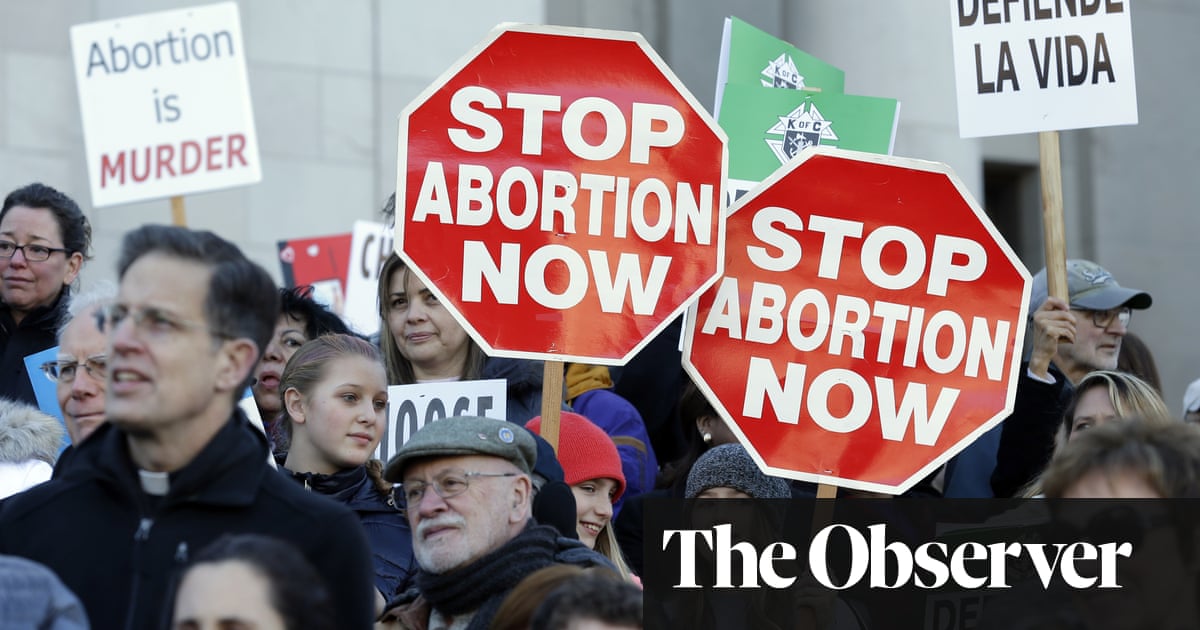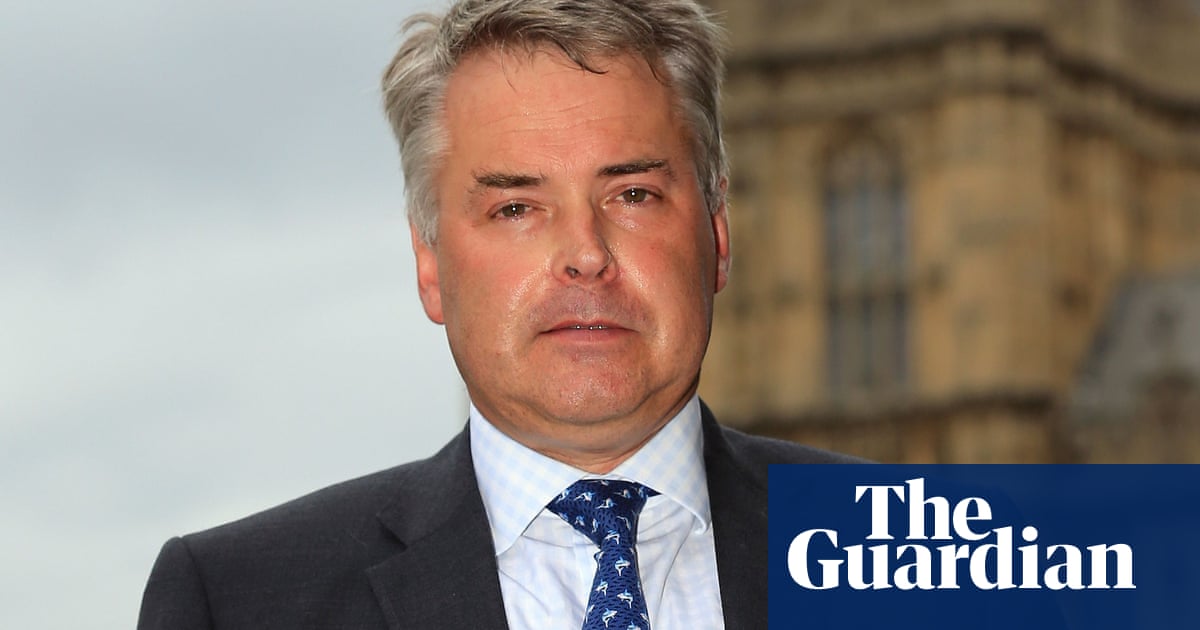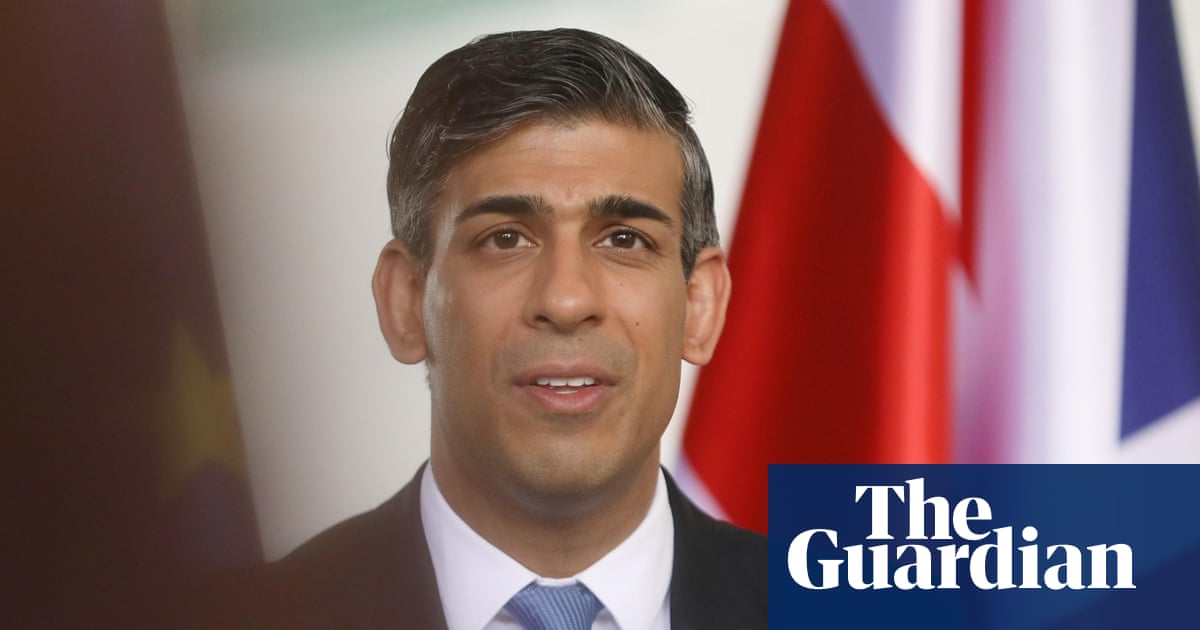‘Extreme’ US anti-abortion group ramps up lobbying in Westminster | Abortion


A rightwing Christian lobby group that wants abortion to be banned has forged ties with an adviser to the prime minister and is drawing up policy briefings for politicians.
The UK branch of the US-based Alliance Defending Freedom (ADF) has more than doubled its spending since 2020 and been appointed a stakeholder in a parliamentary group on religious freedoms in a role that grants it direct access to MPs.
The ADF’s efforts to boost its UK influence are revealed as part of an Observer analysis that shows a surge in activity within the wider anti-abortion movement.
Ahead of a historic vote on abortion later this spring, in which MPs will vote on a law that would abolish the criminal offence associated with a woman ending her own pregnancy in England and Wales, several anti-abortion campaign groups have expanded their teams, ramped up advertising and coordinated mass letter-writing campaigns targeting MPs.
The findings have led to calls for greater transparency and accountability over the groups’ funding and lobbying activities. The ADF in particular is an influential player on the US Christian right and part of a global network of hardline evangelical groups that were a driving force behind the repeal of Roe v Wade – the supreme court ruling that gave women the constitutional right to abortion and was overturned in 2022.
The group – which also supports outlawing sexual acts between consenting LGBTQ+ adults and funds US fringe groups attacking gay, trans and abortion rights – has faced claims its funding is not transparent due to its use of donor advised funds: a loophole in US charity law that allows people to give millions anonymously.
The latest financial accounts for its UK entity ADF International UK, published last week, show it spent almost £1m in the year to June 2023, up from £392,556 in 2020, and that its income almost doubled between 2022 and 2023, from £553,823 to £1,068,552.
ADF International UK, which has argued publicly against decriminalising abortion, has sought to develop closer relationships with MPs. Its latest accounts show a focus of its UK activity has been attempting to engage with “significant decision-makers” and that staff provided “briefing material and legal analysis” to several MPs ahead of a vote on introducing buffer zones to prevent anti-abortion activity outside abortion clinics.
In September 2023 it spent £1,737.92 flying the prime minister’s special envoy on freedom of religion and beliefs, Fiona Bruce MP, paying for her hotel and travel to attend an unspecified conference. Last month Bruce – who reports directly to Rishi Sunak – appeared at an event sponsored by ADF International on religious freedom, speaking remotely alongside two members of the charity.
Number 10 did not respond to questions about the links between the ADF and Bruce, who declared the donations in the MPs register of interests and previously voted against legalising abortion and same-sex marriage in Northern Ireland. Calls and emails to her office went unanswered late last week.
Heidi Beirich, co-founder of the Global Project Against Hate and Extremism, said the ADF had “ramped up its spending” in the UK and Europe “aggressively” in recent years and that there was “no transparency” around “where the money’s actually coming from”. She said its relationship with MPs raised “huge concerns”. “Why are politicians openly working with an organisation that has such a hateful agenda?”
Rose Whiffen, senior research officer at Transparency International UK, said the donations to Bruce raised questions about conflicts of interest and that her association with the group could give it credibility in the UK.
Andrew Copson, chief executive of Humanists UK, said it was “very concerning” that the UK’s envoy on religious freedoms was “accepting donations from organisations that use religious liberty as a way of denying others their human rights”. “The Christian nationalist movement is increasingly investing in the UK on a number of fronts, and all supporters of freedom and choice should take seriously the threat to human rights that this represents,” he said.
ADF International UK said it was committed to protecting “liberties dear to the British people” including free speech and freedom of religion, and that its stance on abortion aimed to “protect the lives of both mother and baby in every pregnancy”. “Like much of the British public, we are concerned about political initiatives to further liberalise abortion law,” a spokesperson added.
The charity, which has an office in Westminster, said it received funds from many countries, like “many UK charities on both sides of the abortion debate”; that claims it was not transparent about its funders were “baseless” and that it complied with all charity regulations. It did not comment on its link to the PM’s special envoy.
Jonathan Lord, co-chair of the British Society of Abortion Care Providers and a consultant gynaecologist, said: “We’ve known for some time that these extreme groups from America are infiltrating the UK, having been emboldened following the US supreme court’s actions removing women’s right to abortion there. However the scale of their spending and influence in the UK is disturbing, especially as we know they are actively lobbying MPs and want to restrict women’s reproductive rights, whether that is fertility treatment, contraception or access to abortion.”
Other anti-abortion groups have also ramped up activity here in recent months. Right to Life, a leading UK anti-abortion charity, has been coordinating a lobbying campaign encouraging people to write to their MPs to tighten abortion laws, and spent £117,000 on Facebook ads in 2023, 10 times the amount in 2020.
The charity – whose overall spending overall has risen from £200k in 2019 to £705k last year – also provides the secretariat to the Pro-Life all-party parliamentary group and aims to “deepen and expand relationships with parliamentarians”, according to its latest accounts. It is currently advertising vacancies for eight full-time staff and says in one ad that the role will include “producing briefings” for MPs and peers.
The Centre for Bio-Ethical Reform UK – another anti-abortion group, which notoriously launched a billboard campaign featuring graphic images in pro-choice MP Stella Creasy’s constituency – has increased its staff numbers from four to 12 since 2017. Due to its status as a small company, it does not have to publish details of its income but said it was happy to engage in public debate about its “funding, growth and activities” and that its targeting of Creasy “does not equate to animosity towards her as a fellow human being”.
MPs are due to vote in the coming weeks on proposed changes to abortion law that would see abortion decriminalised in England and Wales, as it is in Northern Ireland, Australia, France and New Zealand. Under a Victorian-era law that remains in place today, it is an offence to procure your own abortion. There are exemptions under the 1967 Abortion Act, which permits abortion in cases where two doctors agree that continuing the pregnancy would be risky for the physical or mental health of the woman. But the old law was never repealed and is still used today to prosecute and jail women for terminating pregnancies without sign-off from medics or after the 24-week limit.
The proposal on decriminalisation from backbench Labour MP Diana Johnson has cross-party support and is expected to pass. However some in the Labour party fear it could be counterproductive and further embolden anti-abortion campaigning on related issues, such as the remote access to abortion that was introduced during the pandemic.
A government spokesperson said abortion was an “extremely sensitive issue” with “strongly held views on all sides of the discussion”, and that MPs would have a free vote on the proposed law change. “By longstanding convention, any change to the law in this area would be a matter of conscience for individual MPs rather than the government,” a spokesperson said.




